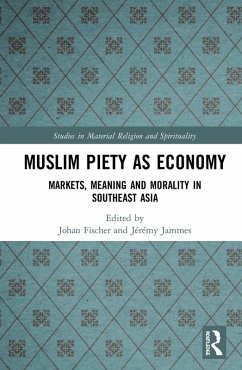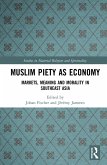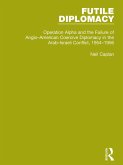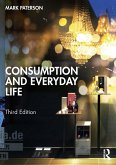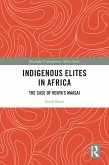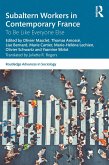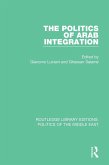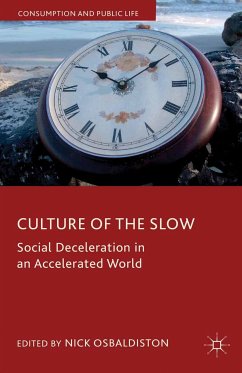Dieser Download kann aus rechtlichen Gründen nur mit Rechnungsadresse in A, B, BG, CY, CZ, D, DK, EW, E, FIN, F, GR, HR, H, IRL, I, LT, L, LR, M, NL, PL, P, R, S, SLO, SK ausgeliefert werden.
"This superb volume brings together experienced scholars in sciences, social sciences, and Islamic studies to examine contemporary developments around halal standards in Southeast Asia. Few treatments of this topic succeed as this one does in both ranging broadly-from economics to colonial history to fiction-and plunging in depth-especially into biology and genetics." - John R. Bowen, Dunbar-Van Cleve Professor, Washington University in St. Louis, author of On British Islam, and A New Anthropology of Islam
"Over the past generation, many Muslim-majority societies have experienced a revival in religious observance at the same time as they have witnessed unprecedented levels of market growth. The changes have been no where more transformative than in the Muslim-majority societies of Southeast Asia. This meticulously researched and highly original book brings together some of the finest scholarship on Islam and economic change in Muslim Southeast Asia, and offers rich insight into one of the most distinctive but little studied features of Muslim modernity." - Robert W. Hefner, Pardee School of Global Affairs, Boston University, USA
"An unrivalled and thoroughly documented investigation of Muslim Southeast Asia, indispensable to the understanding of one of the most remarkable and comprehensive transformations of Islam in recent decades: the emergence of Muslim piety as an economic system unto itself" - Rémy Madinier, Centre National de la Recherche Scientifique, France
"A more informed analysis and understanding of Islam and Muslims in Southeast Asia and their contemporary articulations must be embedded in the historical reality of plurality, plural society and diversity templates that become the mould of social life in the region. In equal measure, any attempt to explain and analyse recent major developments of Islamic economy in the region must be embedded not only in its historical reality but also in the reality of its pluralistic capitalist economy, in which formal and substantive economies are enmeshed. The book, Muslim Piety as Economy: Markets, Meaning and Morality in Southeast, arguably is the first that has successfully captured both of the 'embedization processes' grounded in impressive empirical evidence. It is a must read for anyone interested in contemporary articulation of Islamic economy in the vast maritime-riverine complex, called the Malay world, that constitutes the major component of Southeast Asia." - Shamsul A.B., Distinguished Professor and UNESCO Chair (Communications & Social Cohesion) at The National University of Malaysia

